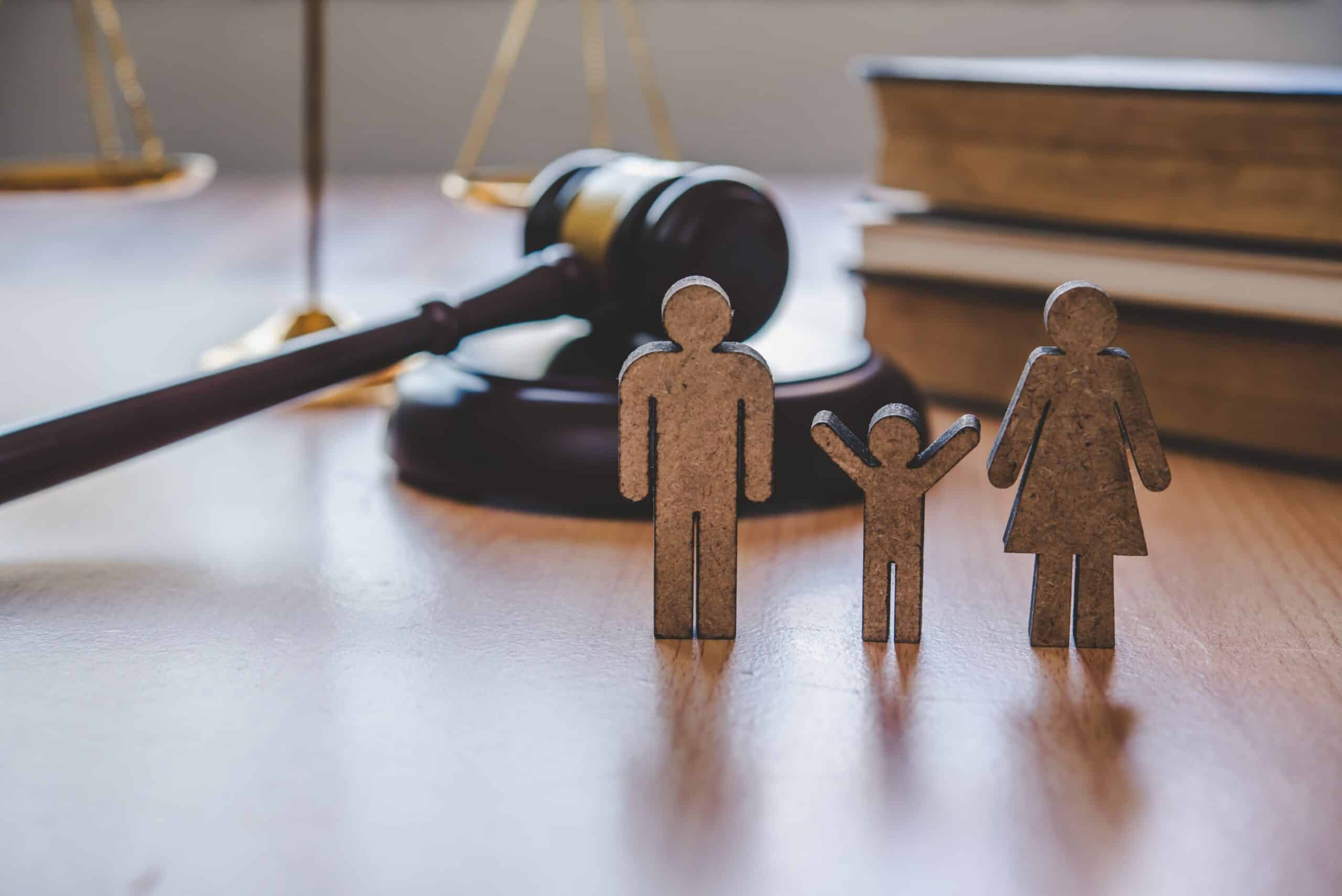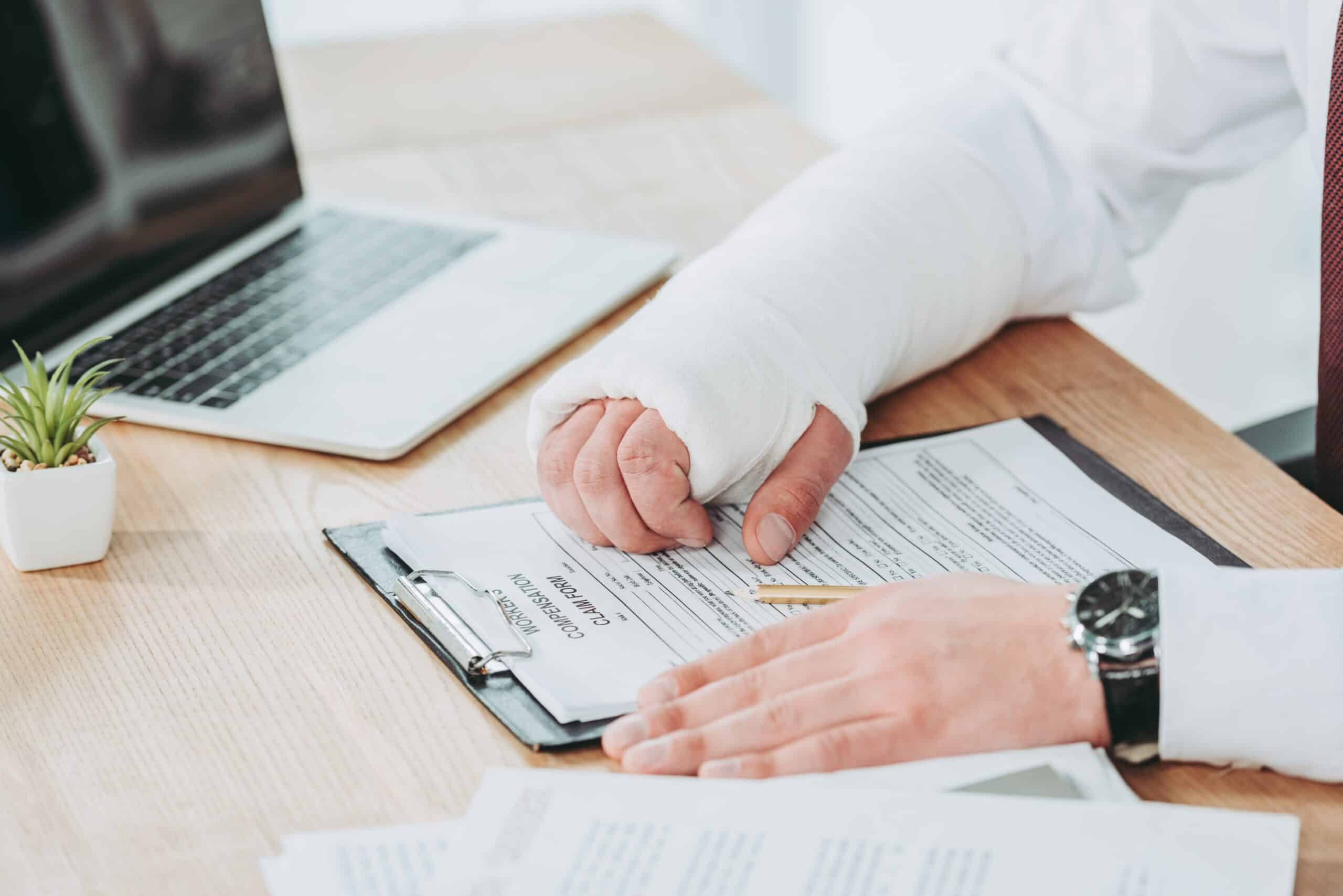As a parent, one of your greatest responsibilities is to guide your children towards a healthy and fulfilling life. With the growing prevalence of substance abuse and addiction, it’s natural to feel concerned about your child’s well-being and future. This comprehensive guide is designed to empower you with practical strategies and insights to help prevent drug addiction through the cultivation of healthy habits within your family. By fostering open communication, setting positive examples, and promoting overall well-being, you can create a strong foundation that will serve as a powerful shield against the dangers of substance abuse.
Understanding the Roots of Addiction
Before delving into prevention strategies, it’s essential to understand the roots of addiction and the factors that contribute to its development. Addiction is a complex disorder with biological and genetic components. Certain individuals may have a predisposition to addiction due to genetic variations that influence brain chemistry, metabolism, and reward pathways. While these factors are beyond our control, adopting healthy habits can help mitigate their impact.
Environmental and social factors also play a significant role in the development of addiction. Exposure to stress, trauma, peer pressure, and a lack of positive role models can increase an individual’s vulnerability to substance abuse. By creating a supportive and nurturing environment, parents can help counteract these negative influences. This is where initiatives like Protect Lubbock came into play, focusing on community efforts to foster a safe and healthy environment for our children.
The Power of Parental Guidance
As parents, we have the unique opportunity to shape our children’s lives and instill values that can serve as protective factors against addiction.
Fostering Open Communication
Open and honest communication is the foundation of a strong parent-child relationship. By creating an environment where children feel comfortable sharing their thoughts, concerns, and struggles without fear of judgment, parents can better understand their needs and provide guidance and support when necessary.
Setting a Positive Example
Children often learn by observing the behaviors and attitudes of their parents. By modeling healthy coping mechanisms, responsible decision-making, and a positive outlook on life, parents can set an example that their children are likely to emulate.
Building Self-Esteem and Resilience
Low self-esteem and a lack of resilience can make individuals more susceptible to peer pressure and the temptation to use drugs as a means of coping with negative emotions or life’s challenges. Parents can help build their children’s self-esteem and resilience by providing unconditional love, encouragement, and opportunities for personal growth and accomplishment.
Cultivating Healthy Habits
Developing healthy habits from an early age can serve as a powerful preventative measure against drug addiction. Here are some strategies for parents to consider:
| Healthy Habit |
Mental Well-being |
Physical Well-being |
Stress Management |
Resilience |
| Physical Exercise |
Improved mood, reduced anxiety and depression, increased self-esteem |
Improved cardiovascular health, increased strength and endurance, weight management |
Releases endorphins, reduces muscle tension, promotes better sleep |
Builds confidence, perseverance, and a sense of accomplishment |
| Creative Pursuits |
Emotional expression, increased self-awareness, improved problem-solving skills |
Fine motor skill development, coordination |
Provides a healthy outlet for emotions, promotes relaxation |
Fosters creativity, self-discipline, and a sense of purpose |
| Balanced Nutrition |
Improved cognitive function, mood regulation, reduced risk of mental health issues |
Supports growth and development, maintains energy levels, reduces risk of chronic diseases |
Stabilizes blood sugar levels, reduces inflammation, promotes better sleep |
Enhances overall physical and mental resilience |
| Self-Care Practices |
Reduced stress and anxiety, improved emotional regulation, increased self-compassion |
Promotes relaxation, reduces muscle tension, supports immune function |
Provides coping mechanisms for stress, promotes mindfulness and present-moment awareness |
Builds resilience, self-awareness, and a positive self-image |
Promoting Physical Activity and Outdoor Activities
Encouraging regular physical activity and outdoor adventures can have numerous benefits for children’s physical and mental well-being. Exercise releases endorphins, reduces stress and anxiety, and fosters a sense of accomplishment and self-confidence.
Nurturing Hobbies and Creative Pursuits
Engaging in hobbies and creative pursuits can provide children with a sense of purpose, self-expression, and a healthy outlet for their emotions. Whether it’s art, music, sports, or other interests, supporting these activities can cultivate a positive and fulfilling lifestyle.
Emphasizing Balanced Nutrition and Self-Care
Teaching children the importance of balanced nutrition and self-care can lay the foundation for a healthy lifestyle. Encourage healthy eating habits, adequate sleep, and stress-management techniques to promote overall well-being and resilience.
Fostering Positive Social Connections
Positive social connections and a strong support system can serve as protective factors against addiction. Encourage children to develop healthy friendships and participate in community activities that promote positive values and a sense of belonging.
Building a Resilient Family
Preventing drug addiction is not a one-time event but rather an ongoing process that requires commitment, patience, and resilience from the entire family.
Maintaining Consistent Boundaries and Expectations
Establishing clear boundaries and expectations for behavior can provide children with a sense of structure and accountability. Consistently reinforcing these boundaries and addressing any violations constructively can help shape positive behaviors and decision-making skills.
Embracing Lifelong Learning and Personal Growth
As parents, it’s essential to embrace lifelong learning and personal growth. Continuously educating ourselves on the latest research, strategies, and resources related to addiction prevention can help us adapt our approach and provide the best possible guidance for our children.
Celebrating Successes and Resilience
Celebrating successes, both big and small, can foster a positive and resilient family dynamic. Acknowledge and encourage your children’s achievements, efforts, and resilience in overcoming challenges. This positive reinforcement can strengthen their self-confidence and motivation to continue pursuing healthy habits.
Prevention Strategies
While the blog post covers several key strategies for preventing drug addiction through healthy habits, there are additional prevention approaches that could be explored:
Family Counseling and Therapy
Seeking professional counseling or family therapy can help address underlying issues that may contribute to substance abuse risk, such as communication problems, conflict resolution, or mental health concerns. These interventions can strengthen family dynamics and equip parents with effective parenting strategies.
Participation in Community-Based Programs
Encouraging children to participate in community-based programs, such as youth centers, mentorship initiatives, or after-school activities, can provide a positive and structured environment. These programs often promote healthy lifestyles, positive peer influences, and skill-building opportunities.
Role of Faith-Based Organizations
For families with religious or spiritual affiliations, faith-based organizations can play a supportive role in promoting healthy lifestyles and positive values. These organizations may offer youth programs, counseling services, or educational resources that reinforce the importance of making responsible choices and avoiding substance abuse.
School-Based Prevention Programs
Collaborating with schools to implement evidence-based prevention programs can be an effective way to reach a large number of children and adolescents. These programs often focus on building life skills, decision-making abilities, and resistance to peer pressure, while also educating students about the risks of substance abuse.
Monitoring and Supervision
While respecting children’s privacy and autonomy, appropriate monitoring and supervision can help parents stay aware of their children’s activities, peer groups, and potential risk factors. Setting clear expectations, establishing open communication, and maintaining involvement in their children’s lives can help prevent substance abuse.
Addressing Environmental Factors
Recognizing and addressing environmental factors that may contribute to substance abuse risk, such as easy access to substances, exposure to media glamorizing drug use, or neighborhood safety concerns, can be an important component of a comprehensive prevention strategy.
Addressing Challenges and Seeking Support
Despite our best efforts, some children may still face challenges that increase their risk of substance abuse. Parents need to remain vigilant and seek professional help when needed.
Recognizing Signs of Potential Substance Abuse
Being aware of the signs and symptoms of substance abuse can help parents identify potential issues early on. These may include changes in behavior, academic performance, social circles, and physical appearance.
Seeking Professional Help and Support
If you suspect your child may be struggling with substance abuse or mental health issues, it’s crucial to seek professional help and support. Counseling, therapy, and treatment programs can provide the necessary resources and guidance to help your child overcome their challenges and achieve lasting recovery.
Building a Support Network
Navigating the challenges of parenting and preventing substance abuse can be overwhelming. Building a support network of trusted friends, family members, and professionals can offer valuable guidance, encouragement, and resources throughout the journey.
Conclusion
Preventing drug addiction is a journey that requires commitment, patience, and resilience from the entire family. By fostering open communication, setting positive examples, and promoting healthy habits, you can create a nurturing environment that empowers your children to make wise choices and navigate life’s challenges without turning to substance abuse.
Remember, you are not alone in this endeavor. Seek support when needed, and embrace the journey of lifelong learning and personal growth. Together, we can build a resilient family and a brighter future for our children.
Frequently Asked Questions
-
At what age should I start discussing the risks of drug use with my child?
It’s never too early to start having age-appropriate conversations about the dangers of substance abuse. Begin with simple explanations and build upon them as your child grows older.
-
How can I encourage healthy habits without being too controlling?
Lead by example and make healthy habits a part of your family’s lifestyle. Involve your children in decision-making processes and provide choices that promote overall well-being.
-
What should I do if I suspect my child is already experimenting with drugs?
Remain calm and approach the situation with empathy and understanding. Seek professional help from counselors or addiction specialists to address the issue effectively.
-
How can I build my child’s self-esteem and resilience?
Provide unconditional love and support, celebrate their achievements, encourage them to pursue their interests, and teach them healthy coping mechanisms for dealing with challenges.
-
What resources are available for parents seeking support in preventing drug addiction?
There are numerous resources available, including support groups, counseling services, educational programs, and online communities dedicated to helping parents navigate this journey.
Key Takeaways
- Open and honest communication is the foundation of a strong parent-child relationship and can help prevent substance abuse.
- Setting a positive example through your behaviors and attitudes can significantly influence your child’s decision-making and habits.
- Promoting physical activity, creative pursuits, balanced nutrition, and self-care can foster a healthy lifestyle and reduce the risk of addiction.
- Recognizing signs of potential substance abuse and seeking professional help when needed is crucial for early intervention.
- Building a support network and embracing lifelong learning can help you navigate the challenges of preventing drug addiction within your family.

























